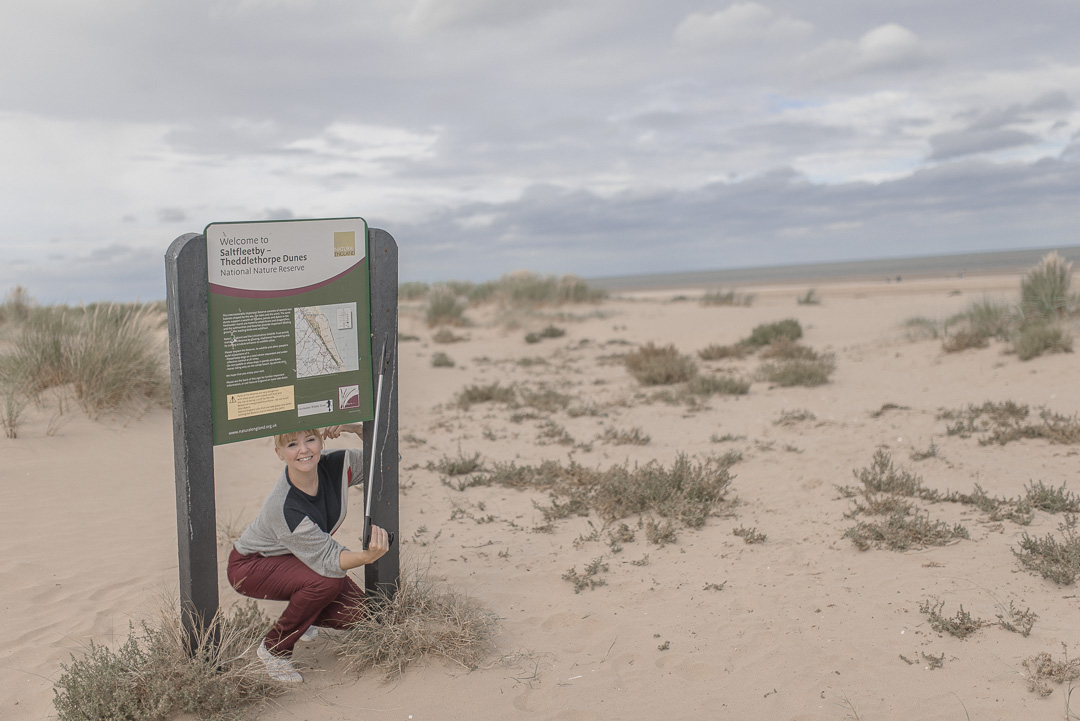
If someone had told me a few years ago that I’d voluntarily spend a Sunday afternoon driving approximately 200 miles round trip to pick up trash, I’d probably have thought they were drunk, or making some sort of round-about reference to my taste in men. The truth of the matter is, however, that I did travel that distance and I was SO excited to do so. Because on Sunday 16th September 2018 I joined forces with the Marine Conservation Society in Saltfleetby, Mablethorpe for The Great British Beach Clean. And I dragged my Mother along for the ride too, because Green is the New Black is for everyone.
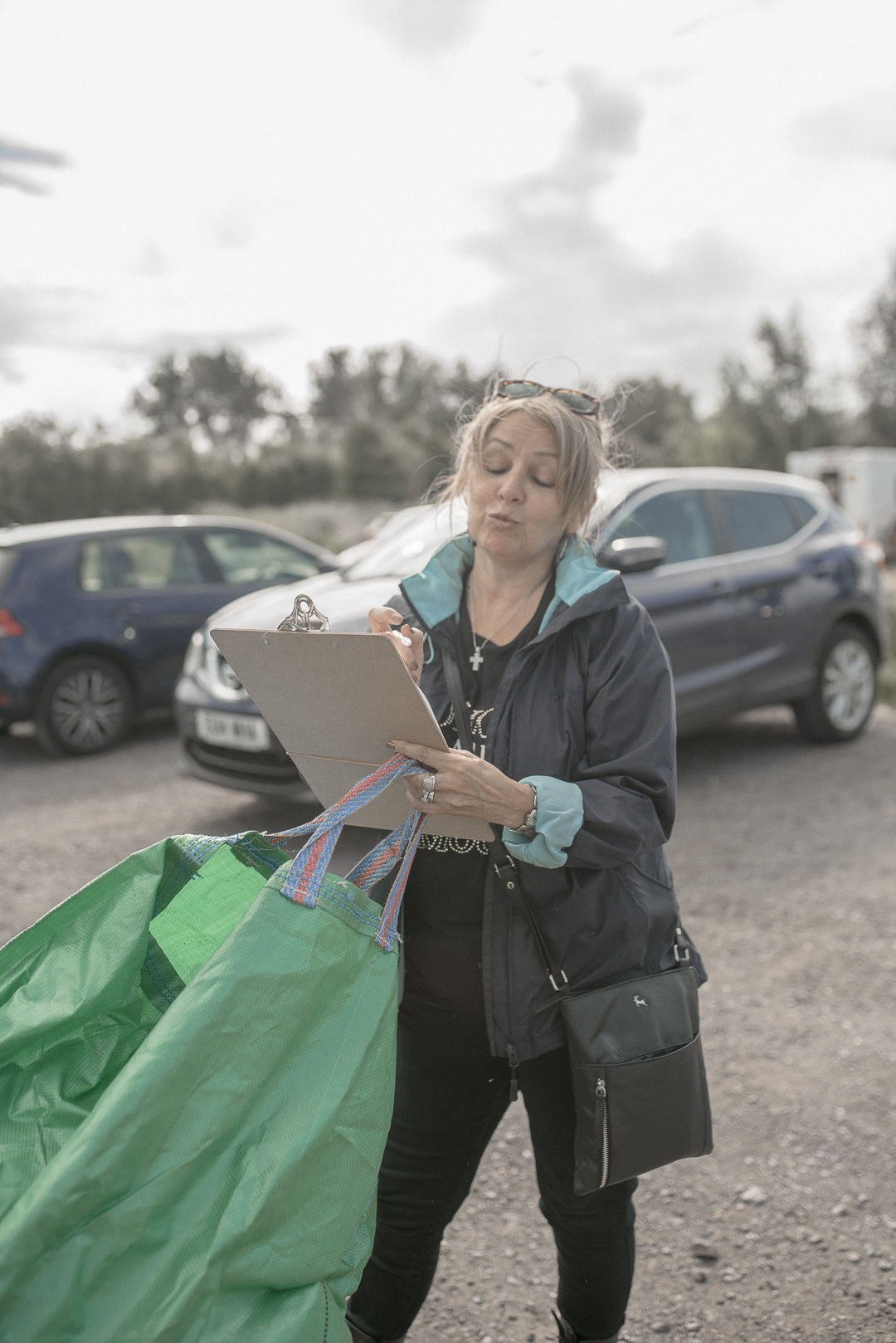
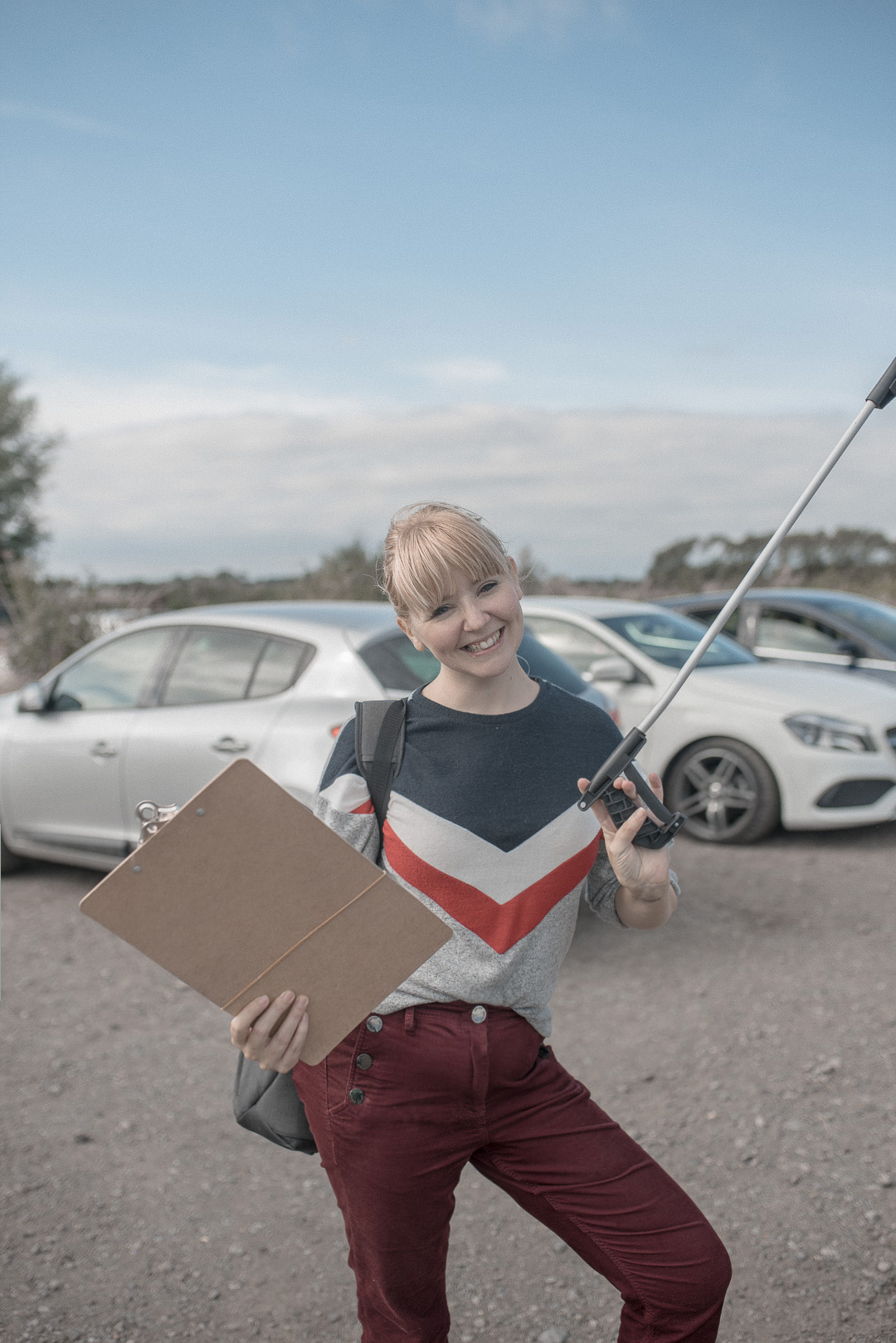
When I first heard about The Great British Beach Clean I figured it was a fairly new thing. Not at all. These beach cleans have been taking place for the last 25 years all over the UK. The information that has been collected during this time, by volunteers up and down the country, has helped to make some of the most significant impacts on beach litter ever. This year’s events were record breaking for numbers. There has never been such interest and never so many volunteers signing up to take part. One has to conclude that this surge in attentiveness is a result of the greater exposure to the plight of our oceans and those who dwell there. Thanks to documentaries like Blue Planet II and campaigns such as Lewis Pugh’s 330 mile swim of the English Channel, us Brits are becoming more and more educated about the impact our throw-away lifestyle is having on the planet.
Now, living in the Midlands, I’m about as far away from any beach as I could possibly be. But I didn’t let that put me off. In fact there were so many beach clean events happening during the weekend of the 14th-17th September that I was a bit spoilt for choice. In the end I settled on Mablethorpe, a beach town I frequented as a child with my parents. Registering was easy and took literally two seconds and then all we had to do was get there.
One sunny road trip and sea-front fish and chips later we arrived at Crook Bank, Saltfleetby where we met our organiser, the Lincolnshire Wildlife Trust and our fellow volunteers. It was so heart warming to see so many children and young people all excited and eager to get involved. After all, they are the ones who are going to be dealing with this mess long after us. It is so critical at this point that we educate our future generations on what is happening and how we can prevent/reverse it.
After collecting our surveys and litter pickers, we were off and the walk to the beach was beautiful. In fact, Theddlethorpe Dunes, just 3 miles shy of the actual centre of Mablethorpe, was one of the most beautiful UK beaches I’d seen. Now to work on keeping it that way.
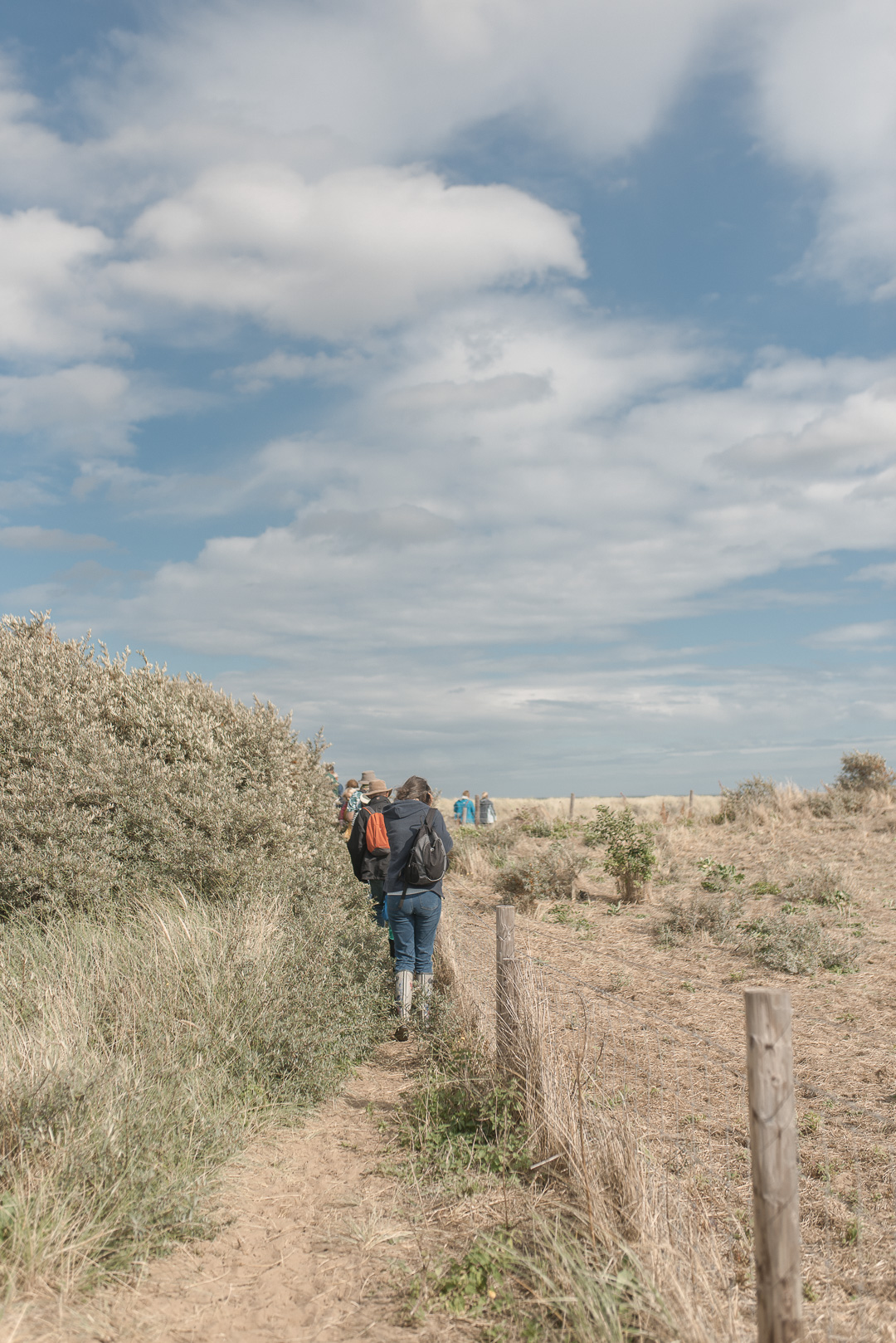
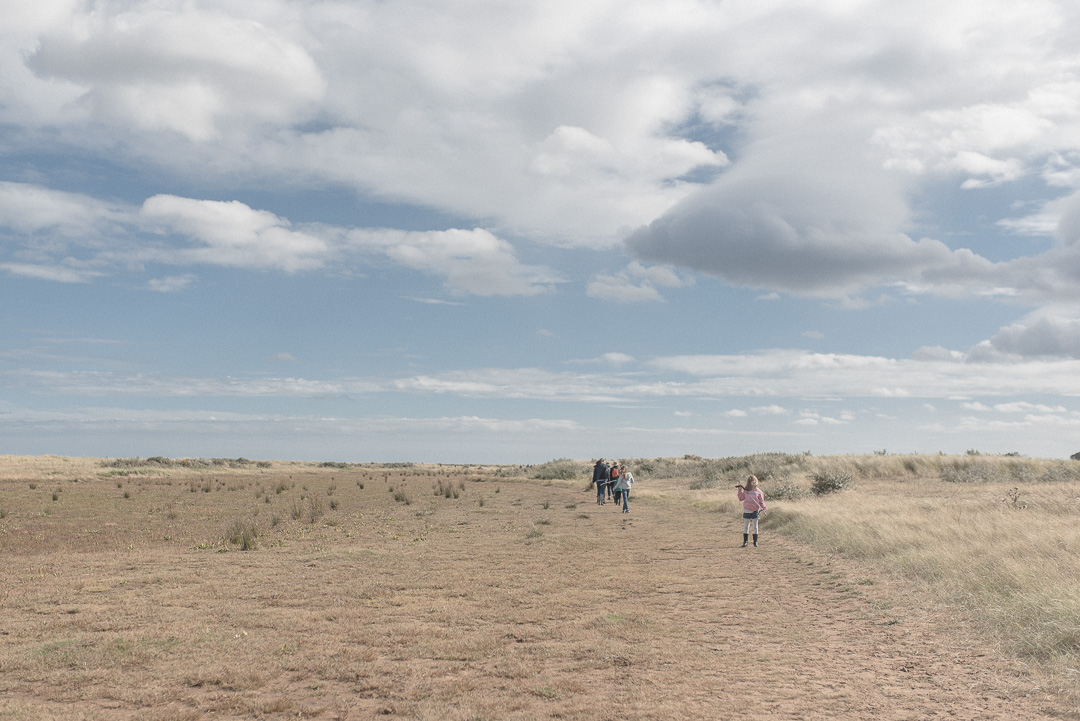
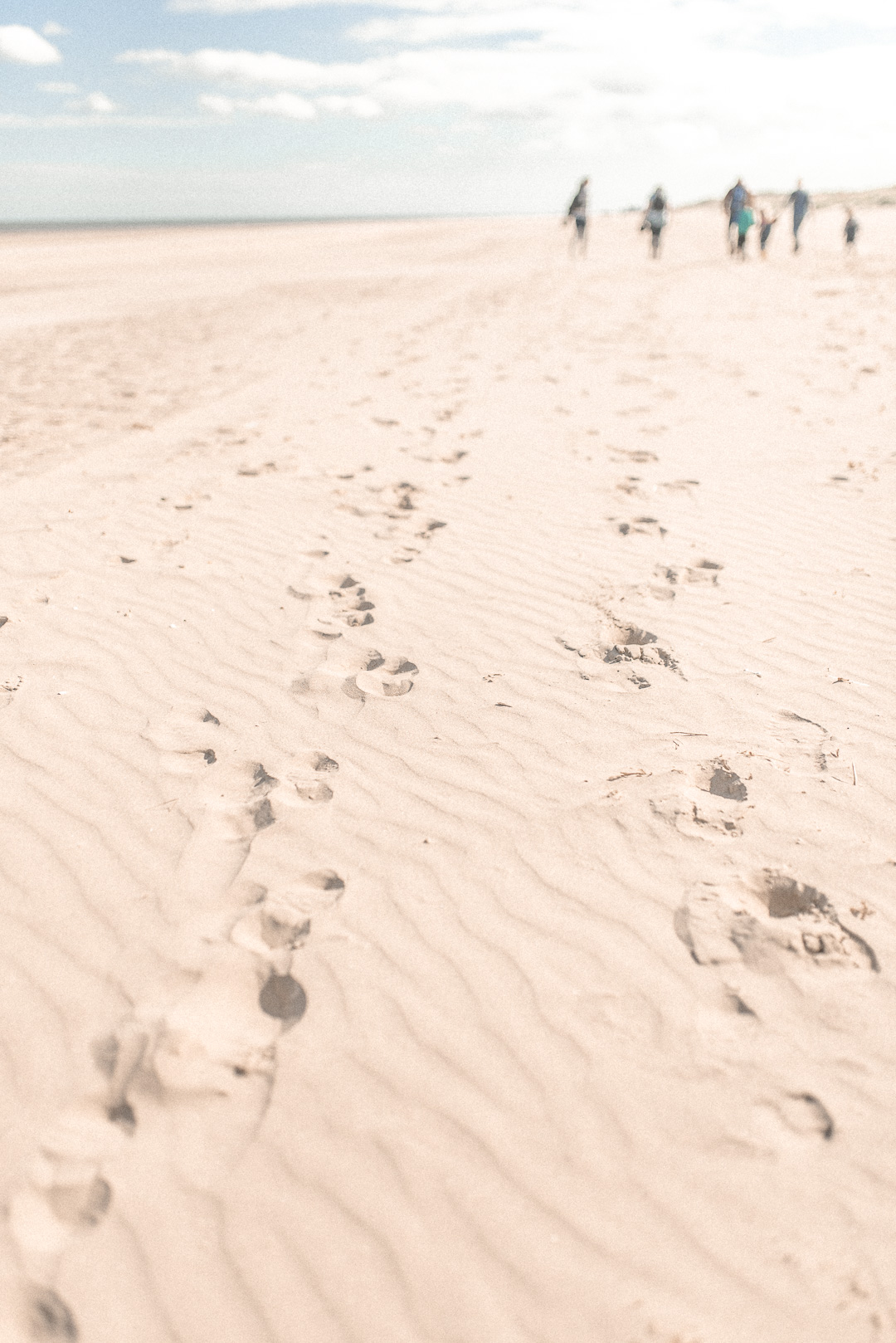
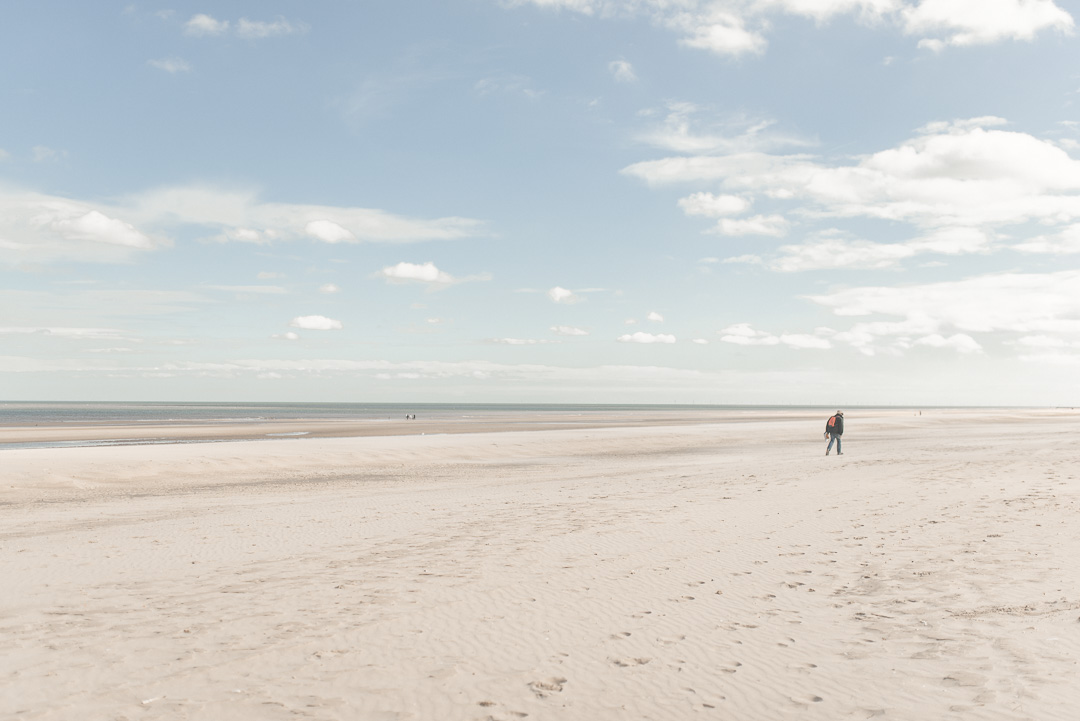
A 100m length of the beach was measured out and this was our designated area for the litter collection survey. At first glance, the beach looked incredibly tidy and due to a huge amount of fresh sand having just blown in, we weren’t expecting to find all that much. But as we searched a little harder and deeper, the bags began to fill. In fact, it’s those tiny little pieces, those micro plastics that we are looking for. It’s easy enough to spot a can or a bottle, but these teeny indestructible pieces…. These are what our oceans are full of. These are what our marine life, our fish are swallowing. These are also what we are now finding on our plates, in our food chain.
Last year in fact, a study in Malaysia and France found 36 fragments of plastic in the bodies of 120 mackerel, anchovies, mullets and croakers. Scientific Reports journal reported
“Microplastics were suggested to exert their harmful effects by providing a medium to facilitate the transport of other toxic compounds such as heavy metals and persistent organic pollutants to the body of organisms. Upon ingestion, these chemicals may be released and cause toxicity.”
OK…. That shit it scary right? But knowing it actually just helps to reassure that every little piece we found, every tiny fragment we prevented from entering the ocean was a MAJOR success.
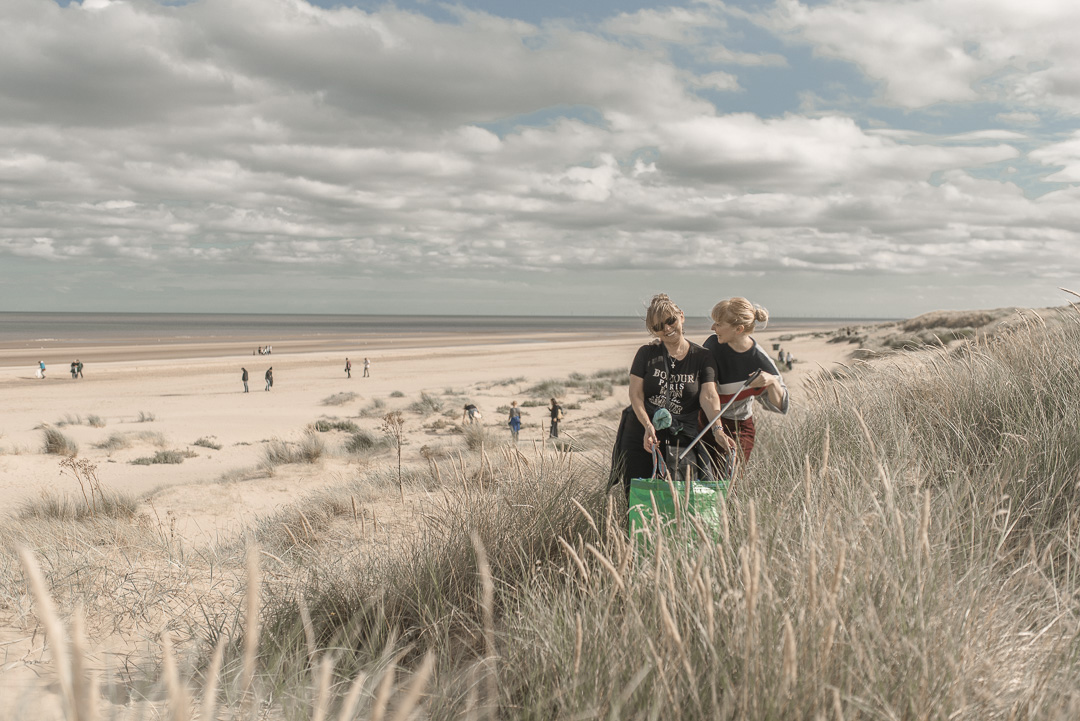
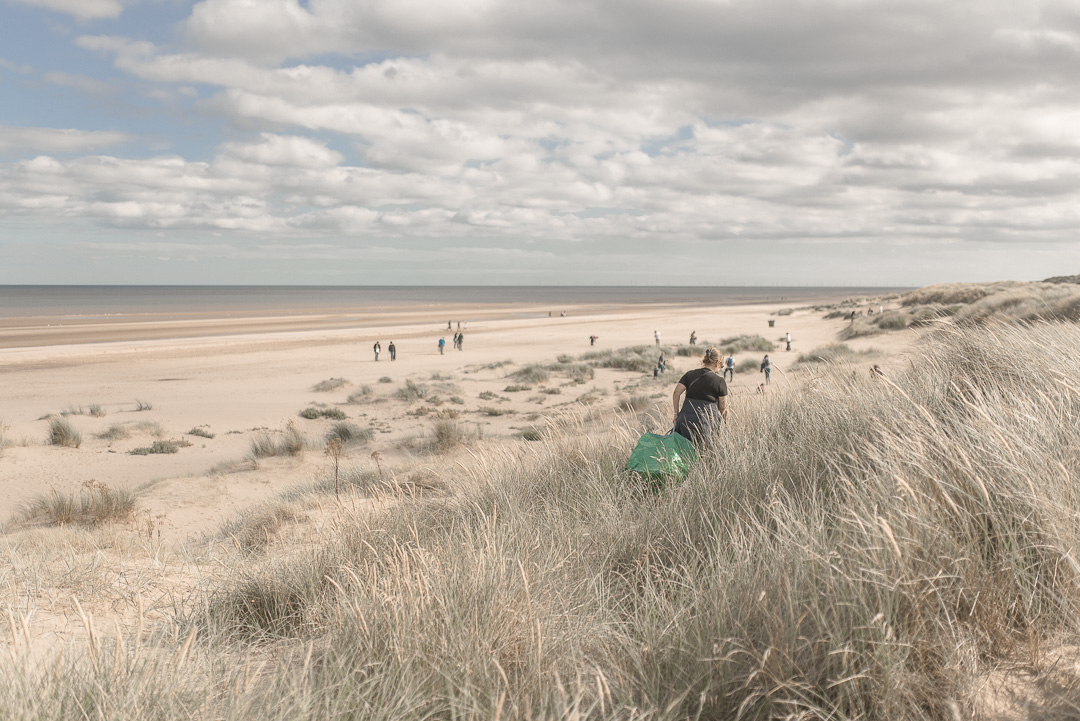
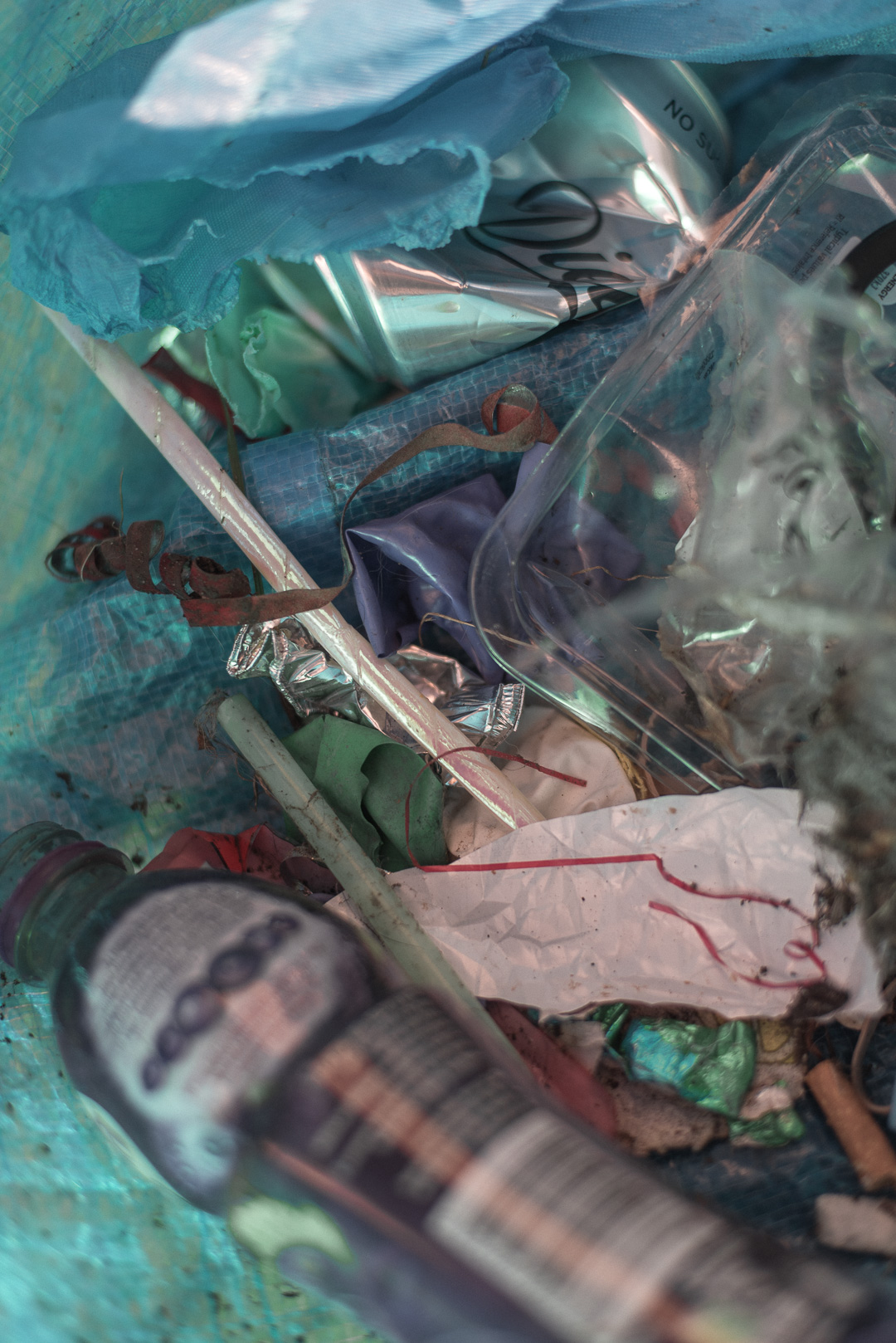
So whilst The Marine Conservation Society are collating the data from all of the entire Great British Beach Clean survey – the results from OUR event are in.
- 61 volunteers attended the Crook Bank beach clean.
- 705 items of litter were collected and recorded in the 100m survey area.
- The top item found was wet wipes/baby wipes of which there were 70 in total.
- This was closely followed by plastic packets/packaging (crisps, sweets, sandwiches – not currently recyclable)
- 45 pieces of micro plastic measuring between 0 – 2.5cm were collected.
- The youngest person picking up litter was just 3 years old
- We also collected litter on a non-recorded area of 1300m (travelling to and from the car park etc.)
Hell Yeah to that. So whilst my my mum and I collected just 26 items between us, the combined efforts of everyone are huge and so impressive. Well done to all at the Crook Bank event and to especially to Roger for organising.
If this post has inspired you to get involved then you absolutely can. As I previously mentioned, The Great British Beach Clean is something that takes place every single year. Maybe you’d even like to organise your own – in which case you can find out exactly how to here.
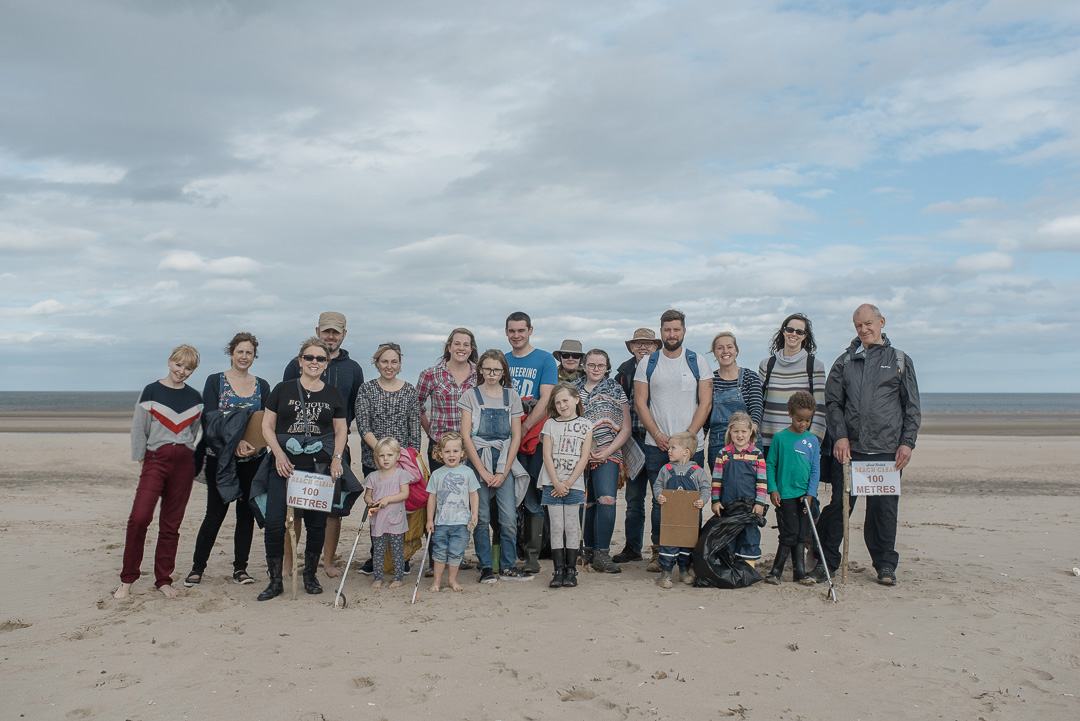
I can’t stress to you how much I enjoyed taking part in this event. It was worth the long drive. It was worth hearing my mother refer to herself as She-Ra the Plastic Warrior Queen and her incessant singing of “Litter Pickin’ Mamas!” It was worth cutting my little toes to pieces on broken shells. Because at the end of the day 705 pieces of rubbish are NOT going to be making their way in to the sea – WE did that. And perhaps that seems like a small step – but I sure as hell know it’s a step in the direction that I want to be going.
Do good and feel good 🙂
Beth Anne xoxo
![Mother Clucker…… DERBY WING FEST delivers yet again!!
[PR/Invite]
I had an absolute blast at @wingfestuk at @bustler_derby this weekend. The sun was shinin’ the beats were pumpin’ and the Wings were off the charts, incredible.
Honestly, the Wing vendors came from all over the country and they were not messing around this year. With each stand cooking up a Buffalo Wing and a Wild Wing there were just so many ways to tickle your tastebuds.
For us, the Cinnamon Toast Crunch from @eatpoorboys was just genius and we literally licked our plate because THAT SAUCE 😂 Big shout out too to our pals @the.wing.guys @dirtychickenuk and @eatthebird. We gave your Wild Wings 10s all the way 🤪
Thanks again @wingfestuk for putting on such a great event. We loved the addition of the beer puppets this year 😂 and the Iced Gelato Pops. Congratulations to all of those who received awards. We cannot wait to see what you come up with next year.
Wing Fest is coming to London, Manchester, Birmingham and Bristol THIS SUMMER so be sure to head to their Insta/Website and secure your tickets because this is a party that you do not wanna miss. Might even try to get over to Manchester myself so perhaps I’ll see you there 🙌🏻
#wingfest #wingfestuk #bustlermarket #derbyfood #derbyfoodie #derbyfoodies #wingswingswings #chickenwingsforlife #chickenwings #derbyshirefoodie #nottinghamfoodblogger #eastmidsbloggers #streetfoodfestival
](https://mynameisbethanne.com/wp-content/plugins/instagram-feed/img/placeholder.png)
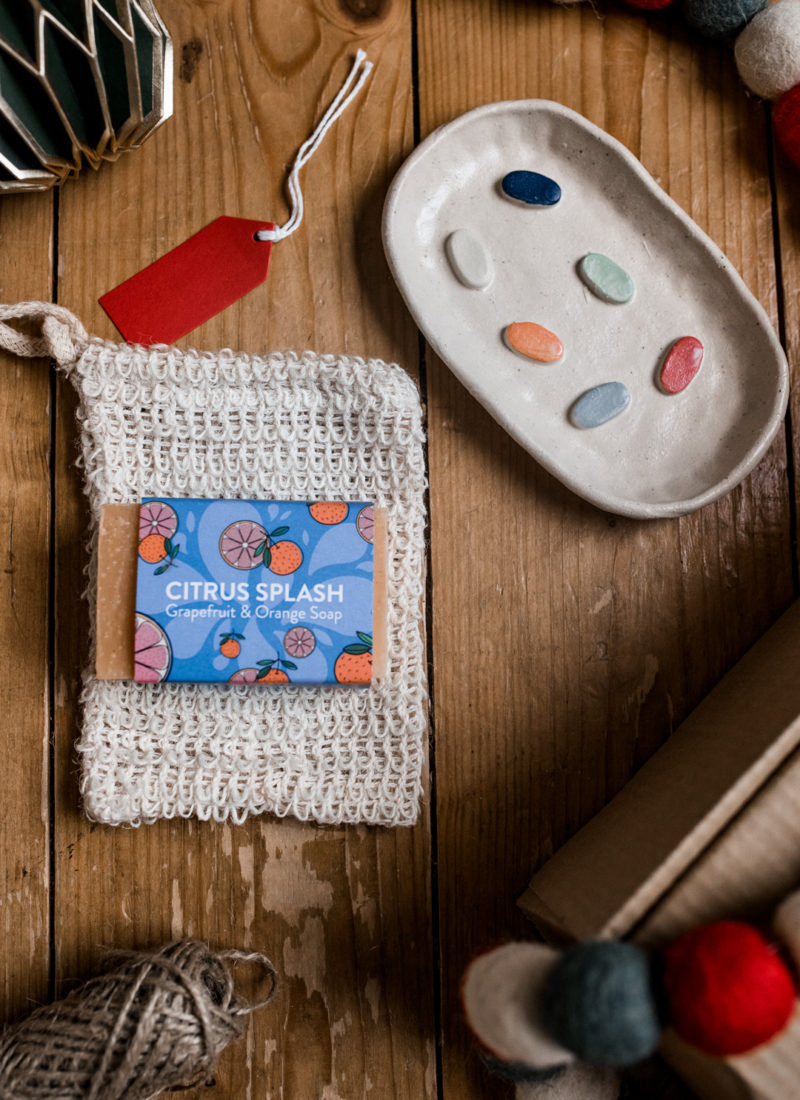
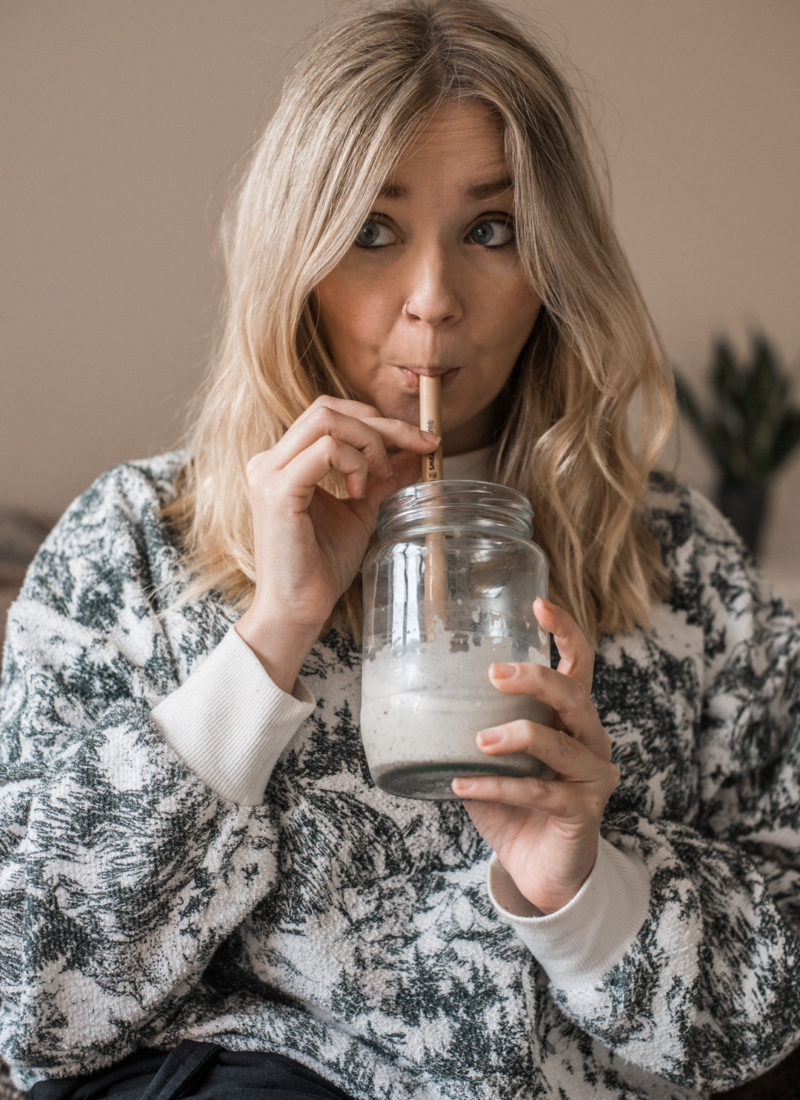
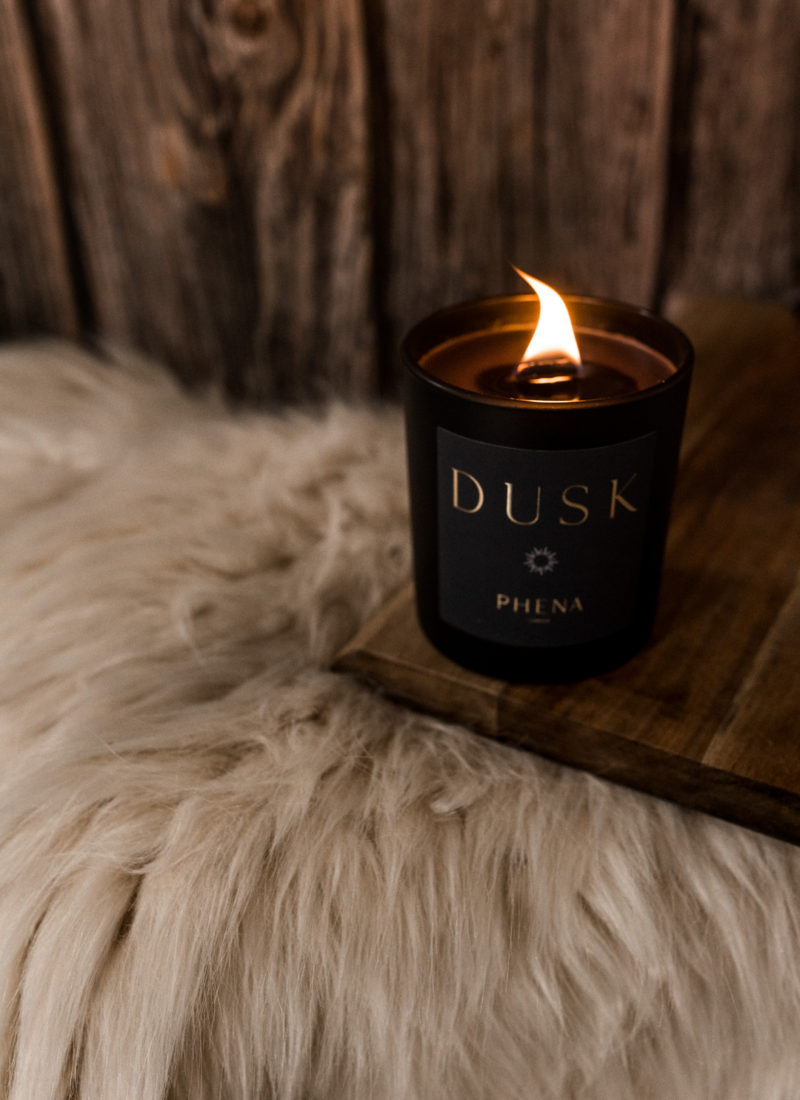

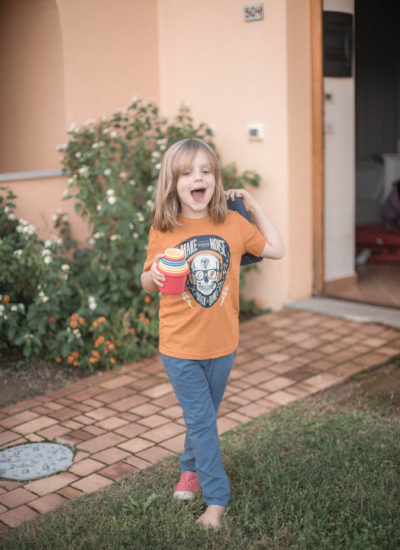
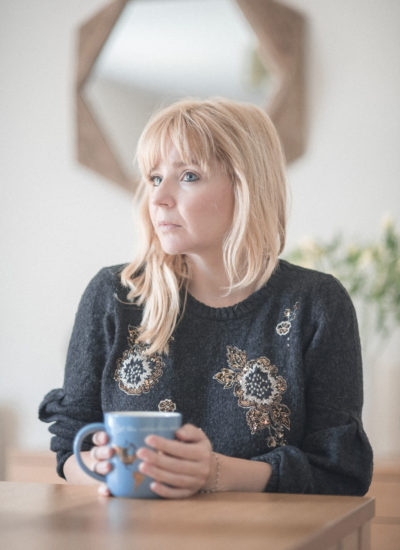
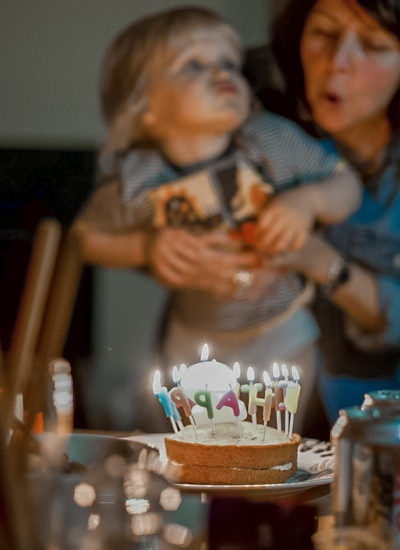
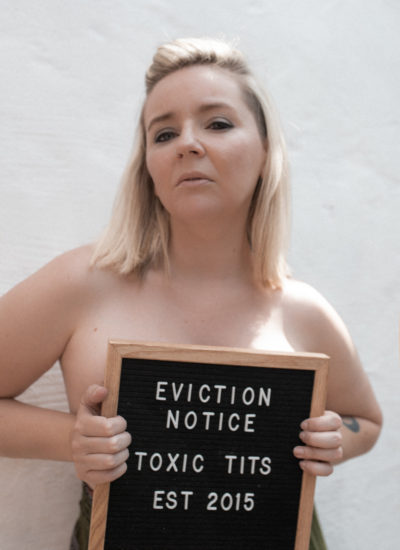
Leave a Reply